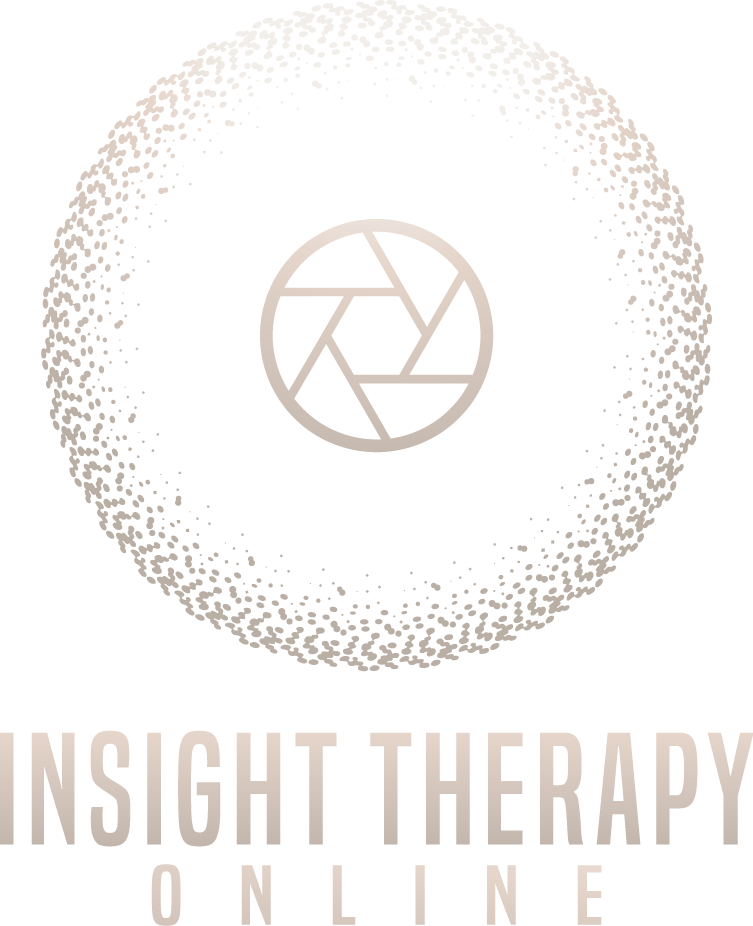
About
Stephen Kaplan (he/him)
Hello! I'm Stephen Kaplan. I have 12 years of experience counseling adults, young adults, adolescents, and youth toward mental health and social and emotional well-being. Before entering private practice, my primary practice was counseling high performing adolescents enrolled in a rigorous academic program. I have significant experience as a counselor in the Gay/Queer community having spent 9 years as a group facilitator with the StopAIDS Project and Q-Action in San Francisco. My journey in this field has been driven by a deep commitment to helping individuals create the change in their lives that they want to be.
I am affirming of people all along the sexual orientation spectrum including those who identify as Bi/Pan, Lesbian, Asexual/Aromantic or who are questioning. I am affirming of people all along the gender spectrum, including those who identify as Trans, Non-binary, or who are questioning.
Fun Facts
I am a passionate singer of classical, pop music, and show tunes. You can often find me at a local karaoke night. I'm an avid traveler and am recently back from an extended sabbatical having touched 5 continents. I enjoy cooking (and eating) diverse cuisines, speaking Spanish in conversation, occasionally dancing salsa or merengue, and watching Star Trek.
Therapeutic Approach and Theoretical Orientation
The center of our (and any) therapeutic relationship is unconditional positive regard; you have intrinsic worth just as you are, right now. You will drive the process, determine what you want to work on, and are free to change your mind or stop at any time. I'll be your guide and counselor... listening, hearing, understanding, and reflecting your thoughts and feelings, drawing on knowledge about what research says is often helpful and what has worked for others, all to help you reach your goals.
In addition to empathetic listening and reflecting, I often use techniques and theories from the Cognitive Behavioral (CBT)and Solution-Focused (SFT) branches of psychotherapy. Both are very broad categories of counseling theory. The thrust of CBT is that feelings are feelings, but there is a link between our thoughts about those feelings and what we do as a result of those thoughts and feelings that is either helpful or unhelpful for our mental health. Using CBT we might examine how cognitive distortions contribute to your experience of the problem and how breaking those distortions might lead to feelings of wellbeing. SFT centers you, the client, as the expert in yourself. Using SFT we might brainstorm strategies together, I may add some strategies that I know have worked for others, and then you would choose which, if any, you want to adopt. You can read more about CBT here and SFT here.


